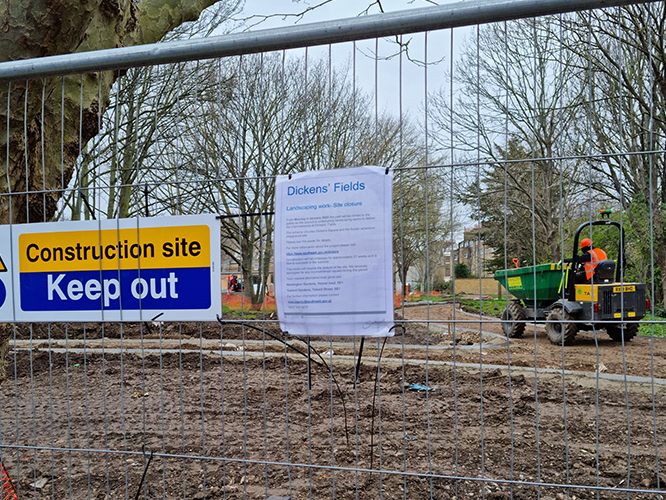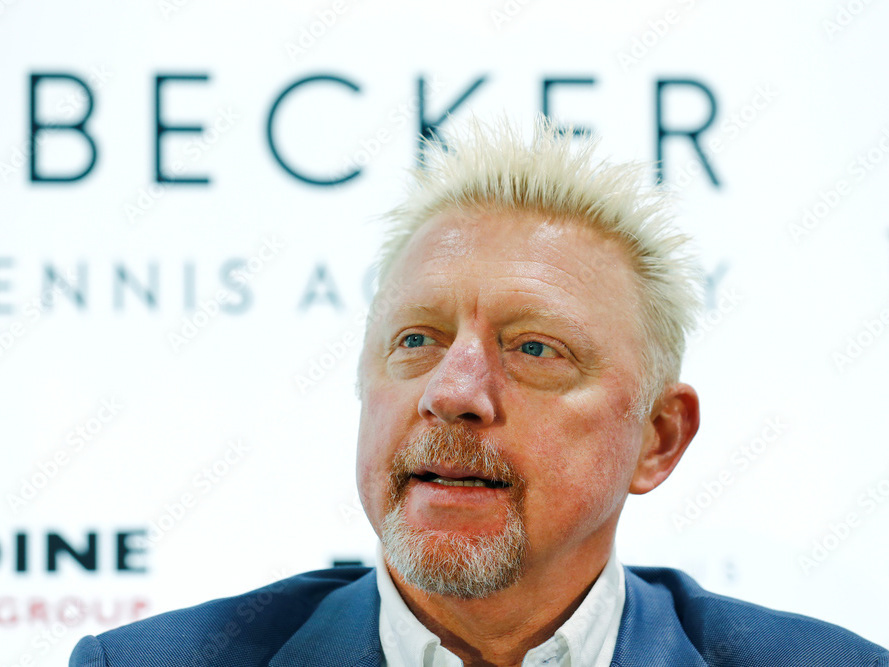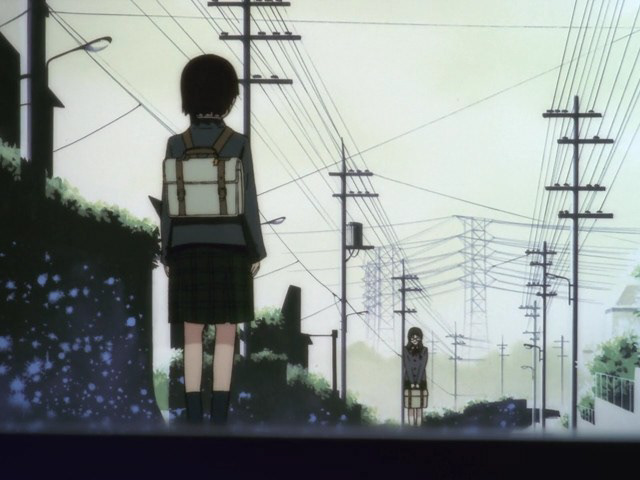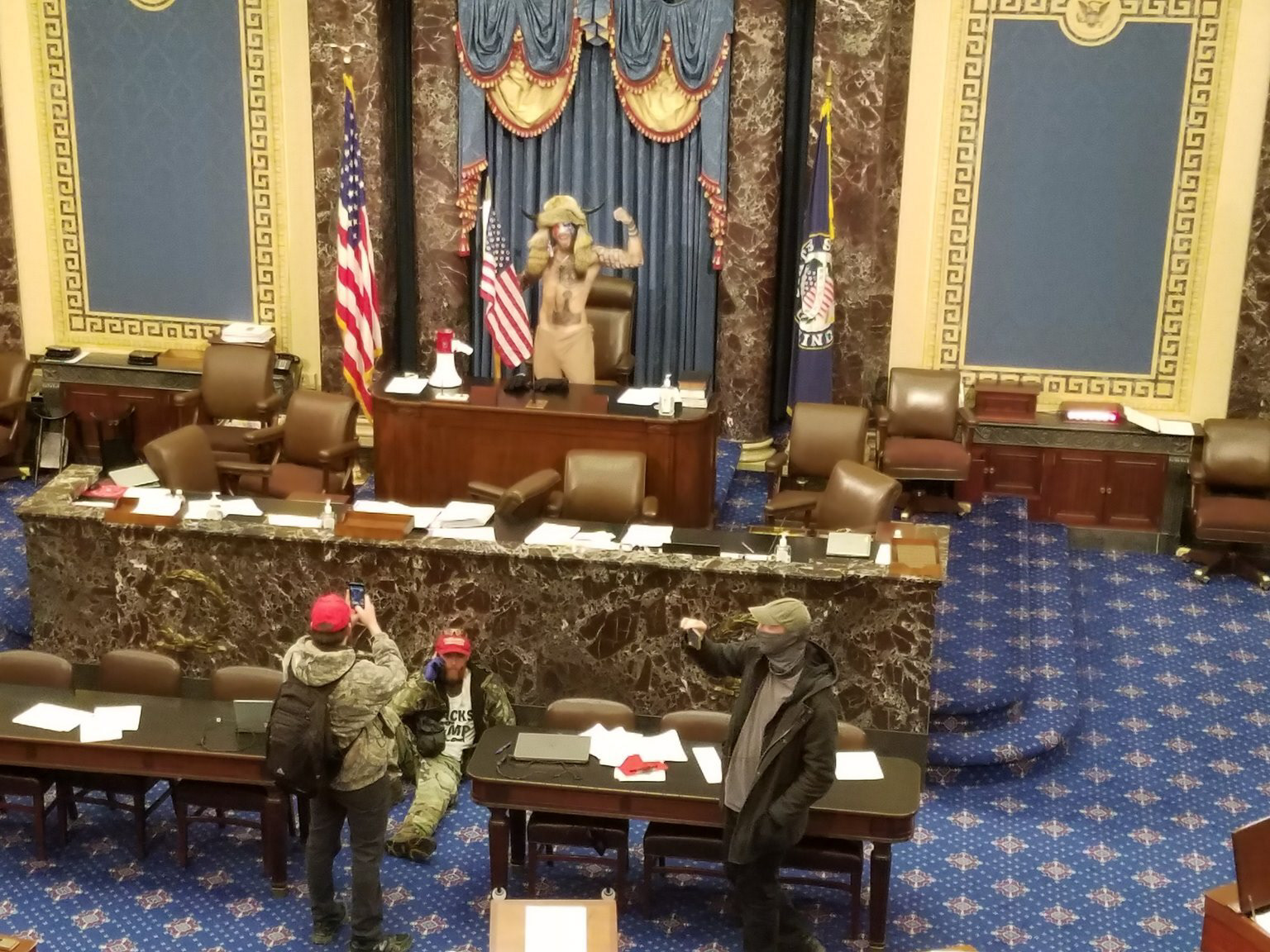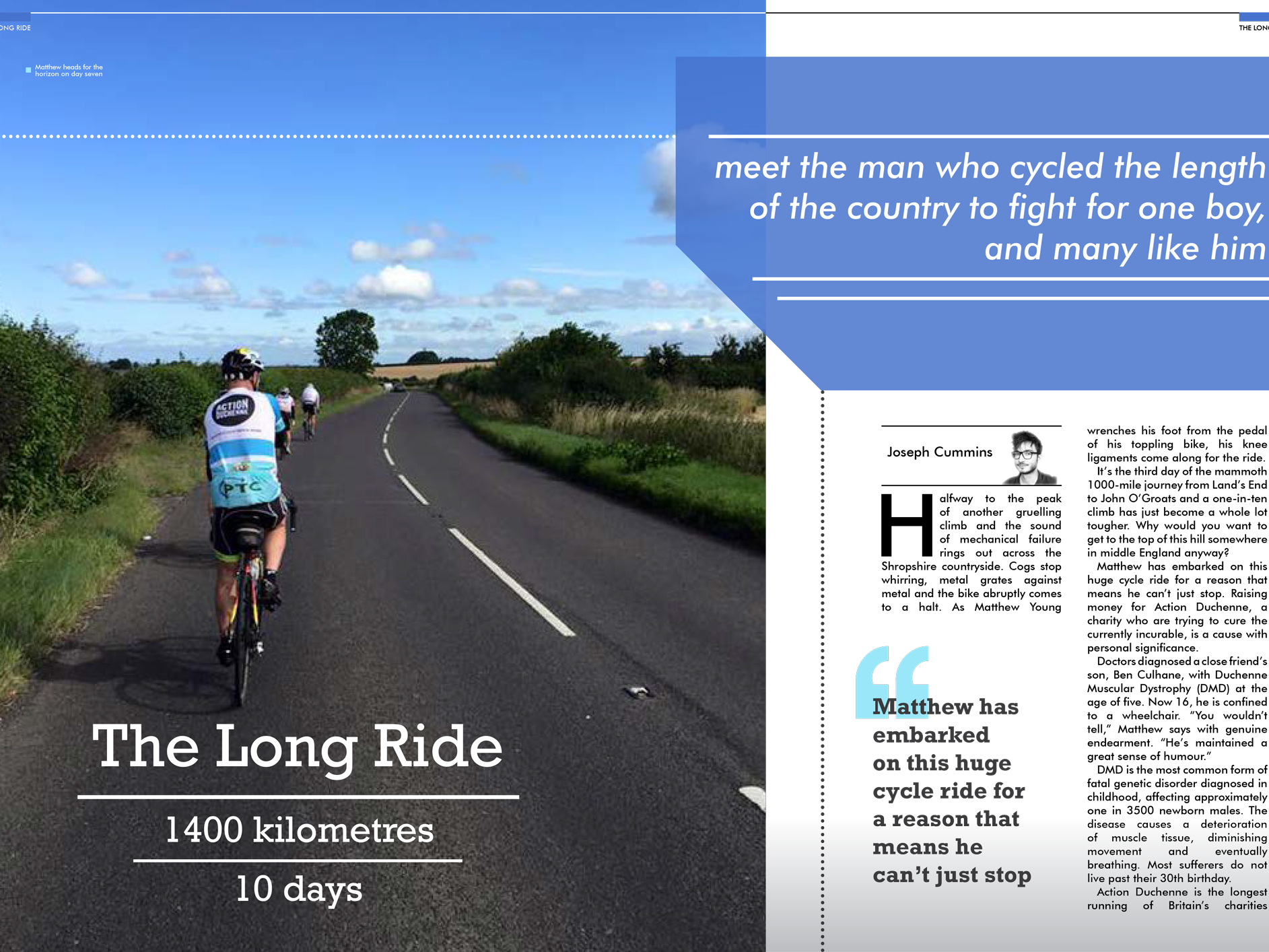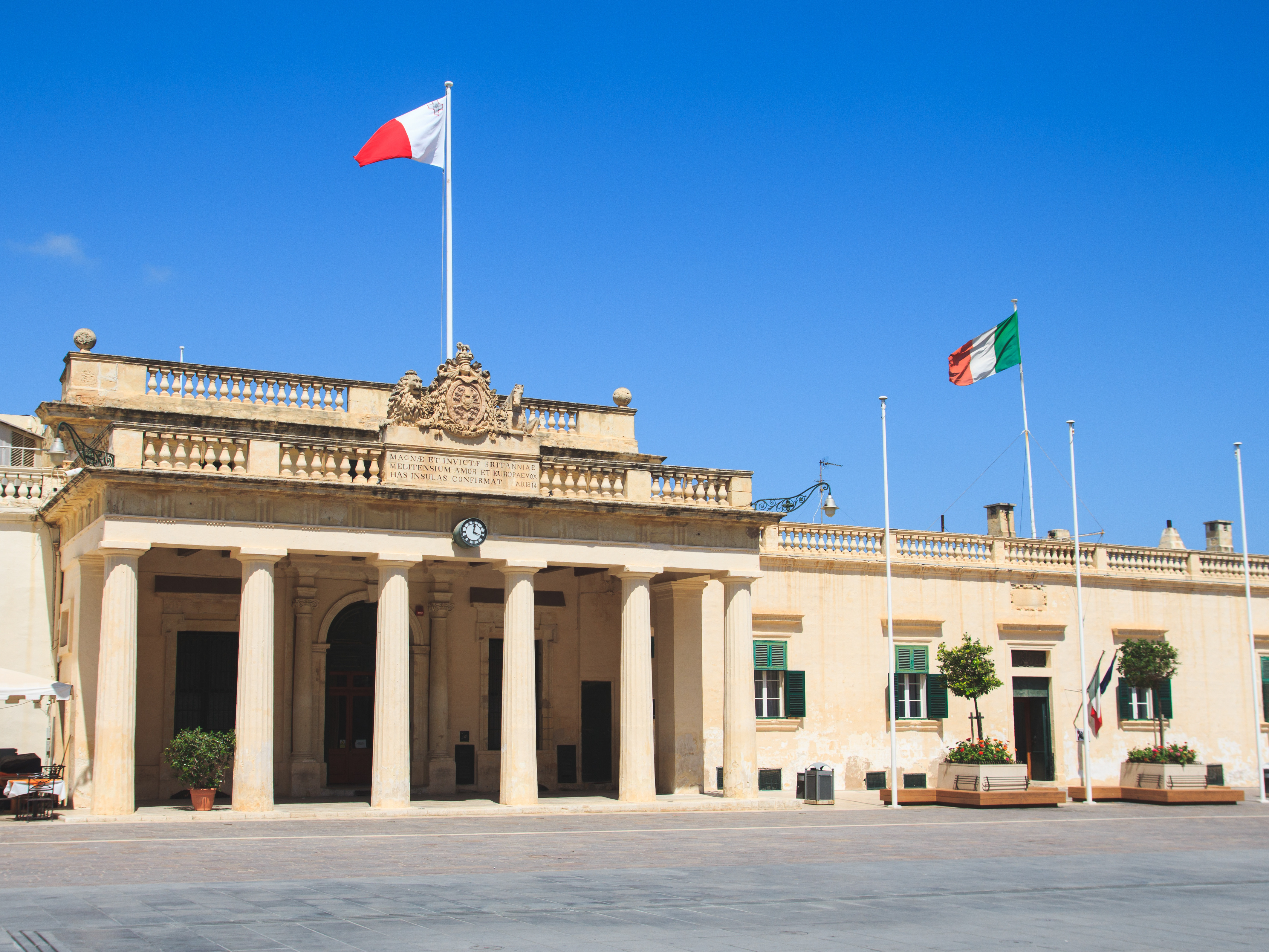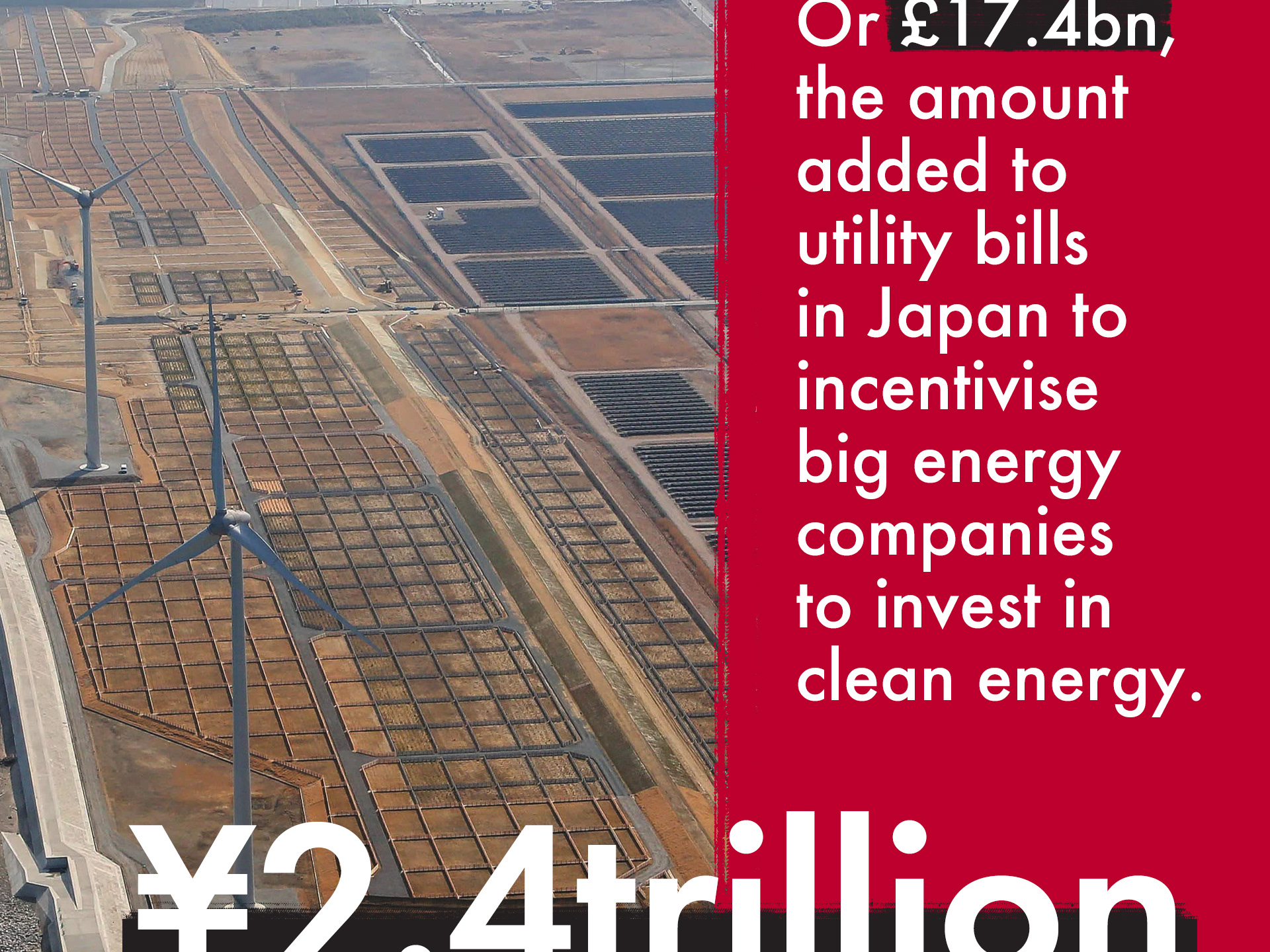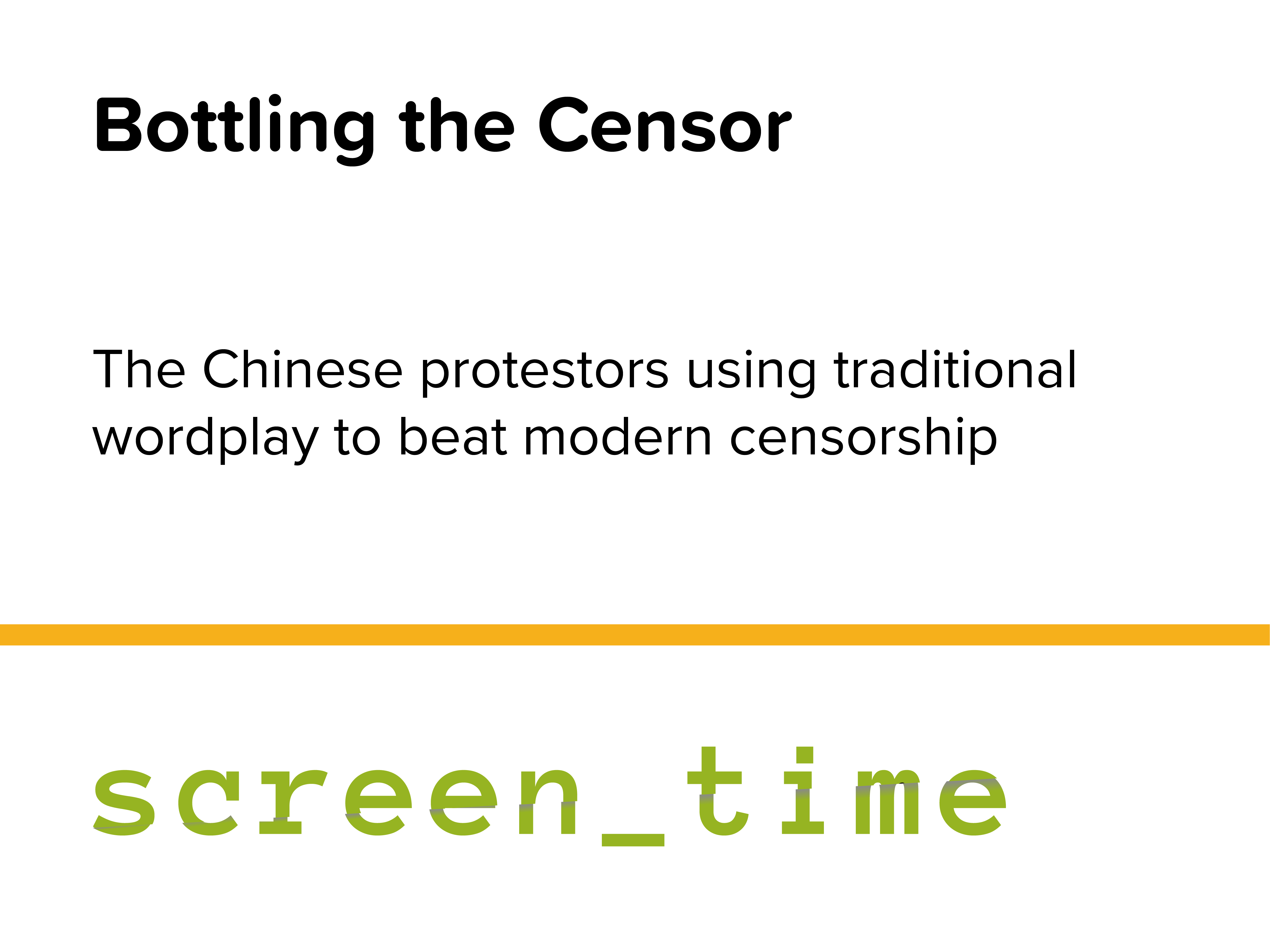In 2014, the long standing relationship between the British Government and the BBC underwent a considerable shift. Originally the World Service, the international arm of the British Broadcasting Corporation, drew its funding from Foreign and Commonwealth office grant-in-aid. However, this has shifted from a direct subsidiary to a funding through the license fee, paid for by the British people. A weakening of the long standing connection to the state has attempted to give distance to the BBC, affording their claims to objectivity and independence more weight, but just how far does this assessment stretch?
The BBC World Service has an astonishing global presence. Broadcasting in 29 languages, its products infiltrate over 200 countries. Its productions intend to promote the utmost is journalistic practice, cultivating a world mind-set that applauds the British values from which it stems. It’s this scale and potency that causes a reluctance to relinquish the reigns of what the government considers “the greatest tool in [their] diplomacy toolbox”. The tensions that arise from this moment of transition serves to highlight the regard the BBC demands as an effective global instrument. The British government’s elicit control over the World Service especially, make it their most compelling instrument of soft power, far removed from claims to editorial independence it so successfully portrays.
Through tracking the ongoing connection between the BBC and British foreign policy, we better illuminate the control, directly or indirectly, one has over the other. Taking Myanmar as an example will plot how the BBC is utilized in emerging democracies, laying cultural foundations for economic and political engagement. Long since blacked out on the map, Myanmar’s sudden democratisation arises at a time when BBC funding is diminishing in some aspects, but focused in others towards South East Asia. The correlation is anything but incidental and recognising that the World Service can act as first wave is key to link the government to their most revered tool of soft power. Distancing itself from the British Government is a cosmetic way to evade this connection, whether it works remains to be seen, but it is anything but truly severed.
Impartial, Independent, Honest
Traditionally, hegemonic control is implemented through economic stature or military might and the dual super powers of the 20th Century, Russia and the USA, bent diplomatic scenarios to their will through a combination of the two. Symbols of strength were utilised through either ‘carrots’, a country’s inducement of a certain action, or ‘sticks’, a forcing of that action (Nye 2004). A nation’s economic sanctions or armed capability can be quantified directly, measurable as overt attempts at asserting dominion. This became known as hard power. As the Cold War progressed, however, a key distinction between the nations became clear. Popular opinion was that the USA was the more amicable, more appealing in some intangible way. Their diplomatic toolbox had another section, that of soft power.
Rather than the active coercion of political actions, the USA had taken on a new ability to co-opt the reactions it desired, utilising the ‘second’ face of power gifted by its cultural capital. It had stumbled upon a new currency, coaxing cooperation and currying global favour through soft power. Rather than “pushing”, soft power “pulls”, providing an outward appearance that persuades foreign states to contribute to and revel in a nation’s achievements. This ability to frame the agenda, persuading and eliciting positive attractions affords another ability to obtain preferred outcomes (Nye 2011). Soft power arises in an unquantifiable manner and its affectation is assumed rather than proven.
The understanding of soft power, and its deployment, cannot be based on the direct assessment of an action’s affect. Soft power, by its nature and to its benefit, is invisible. Therefore, when determining a country’s ability to utilise its ‘moral capital’, we should only be concerned with a nation’s potentiality, rather than actuality (Trunkos 2013). This key distinction arises from the effect of cultural exports being impossible to measure, but looking at a nation’s potential cultural worth. Trunkos correctly acknowledges that soft power is interwoven with how the country utilises its foreign policy. The diplomatic potential is hard to reify, but cultural products, art, literature and its media systems, can be clear indicators to a country’s soft power capability. For example, when the Taliban government fell in 2001, India flew a plain laden with Bollywood movies into Afghanistan. Now, it is impossible to quantify the subconscious affect this had on the Afghani people, but India’s thriving film industry gave it a much higher potential for this kind of diplomacy than a state with a limited cultural product.1
Where traditionally, soft power was concerned with governmental or economic image, technological globalisation has given more credence to effective exportation of media products. The “networked
society” allows instantaneous connectivity, so dissemination of information has become cheaper, quicker and more effective than set-piece displays of soft power, such as sporting events or humanitarian causes. Radio has effectively become ubiquitous and 40% of the world now has access to internet connectivity, a statistic that is climbing all the time (internetlivestats 2016). Nye (2014) argues that world leaders have long since recognised the power or attraction, but what is only now becoming widely apparent is the necessity for an international media platform and the attraction this can garner. The British have long since known that the BBC served to provide soft power outposts in foreign nations, so originally provided funding directly to the World Service. Nations more readily associated with hard power, Russia and China, have sought to catch up, pouring 1bn USD into their own media platforms, Russia Today and China International. Prior, both nations had complained of “perceived unpopularity” or “western demonization” (Romashkan), and both of their soft power budgets languished behind the UK, US and France, they held limited sway over global opinion.
Britain, much smaller economically than the USA, spends more on cultivating global appeal than their transatlantic cousins. The reason behind this is also key to understanding why Britain’s soft power outweighs all other nations (McClory 2015). The World Service is the most diverse global media platform. Utilising an understanding of the ‘global village’, the phenomena that is derived from a technologically globalised world, they ‘re-localise’ news coverage so as best to appeal to diverse networks of individuals. The overarching narrative remains similar, but the manner of its delivery differs extensively (Cheeseman 2011). This assures a conceptual difference to other global news organisations; Russia Today, for example, attempts to sway anti-Russian stances in western countries, but it does not broadcast to nearly the amount of developing nations as the BBC or with as much variation. The Kremlin’s line is very much absolute.
What serves to differentiate the extensive value of the BBC World Service is that a heavily interconnected world perpetuates only few hegemonic narratives. Curran et al (2015) makes the argument that the global village has led to “a homogenisation of media, a levelling of media narratives and biases that [should] lead to global and sustained democracy.” He provides convincing evidence that news coverage converges on similar tropes and indistinguishable stances on news issues. Whilst ringing true of stories that effect hegemonic dialogues, such as the US presidential election, and Greece potentially leaving the EU, perceived homogeneity becomes interesting when differences in editorial decisions regarding more focalised issues can be found. This can occur between multiple media systems, such the coverage of Britain’s handover of Hong Kong (Lee 2000, 2002), or within the same media organisation (Cheeseman 2011). The purpose it serves is to lens news coverage, shaping or portraying a narrative that works to a national agenda.
The BBC adheres to this idea of specified coverage most vehemently of all the international media systems. What should be recognised is the correlation this shows with Britain’s place at the pinnacle of the Soft Power Index (McClory 2015). The link between government and media is demonstrated less subtly by China and Russia, who make no secret of the inherent connection, and thus their media is widely considered propaganda. Comparatively, less obvious is the manner in which BBC coverage mimics the wishes of its parent state. When comparing private Medias to Public Service Broadcasting (PSB), Curran et al (2013) found that a far higher percentage of foreign news stems from the latter. This can potentially be attributed to two things: an altruistic desire to keep a national audience abreast of international politics or the targeted manipulation of media narratives, both internally and externally, for political gain. Russia Today and China National’s unavoidably partisan coverage allude far more to notions of PSBs being deployed as soft power tools, and exclamations to the same effect bolster this (Romashkan)
The BBC’s claims to independence are also cast under further scrutiny when considering the scale and diversity of coverage. It gifts the third highest percentage of coverage to foreign news in terms of air time and reports on events in 23% more countries than any other organisation (Curran 2013). Media and soft power are becoming increasing entwined, to the point where it is almost impossible to divide the two. Thus, when the BBC is taken into account, foreign coverage makes up 31% of all broadcasts (Moore 2010). When we compare finding such as these to measures of soft power, its revealed that of the ten countries with the most foreign news coverage, five feature in the top ten of the Index. The BBC may claim to objectivity and independence but the inherent value in the role played by media, means that it will never be considered too far removed from soft power.
Bringing the UK to the World and the World to the UK
The potential of a tool such as the World Service has far from gone unnoticed by the British Government, but an overt link would prove problematic. In a Lord’s Select Committee meeting, Lord Channay voiced the truth that the move to alter the BBC’s funding has tried to limit, stating “the BBC [and] World Service are clearly major and still steadily expanding, instruments of Britain’s soft power, their effectiveness rests on their retaining…genuine objectivity which is the hallmark of good journalism” (2013). This is a sheer contradiction in terms and throes the BBC into uncomfortable light. Soft power is intangible but intrinsically governmental, and objective journalism, if it exists, would be devoid of any political agenda or gravity.
Moreover, the distance offered by funding change can only be seen as cosmetic. There remains an embedded bureaucratic connection, at least for the World Service. Webb (2014) argues that the end of any fiscal relationship would see the “implicit alignment between British strategic interests and the funding of its broadcasts” subside. Webb strangely sees this distance as a negative; that the purpose of the BBC is to serve the government and not the nation’s people, as outlined in the Mission Statement (2016). However, the BBC Trust operating license states, “the Foreign Secretary retains the right to agree the objectives, priorities and targets of the World Service” (2014). Even if some control was afforded purely through subsidisation, as the former director of the BBC, William Haley argued, legislative control proves far more convincing.
Thus, we see a BBC that offers its nation an opportunity that a lack of military or economic stature would usually suture. As soft power, the World Service “offers an opportunity for the UK to strengthen its trading links in key emerging democracies” (British Council 2015). This is embodied in the direct correlation between British interests in South East Asia, and PSB coverage of the recent emergence of Myanmar’s political and economic democracy. In 2015, the BBC granted the World Service £275m, over the next five years. £89m of this has been focused on South East Asia, where Myanmar, as among the world’s fastest growing economies, shares border divides with the two most dynamic. As the country develops, and constructed in the model of western democracies, Myanmar becomes more porous to outside trade and diplomatic influence.
In 2011, 49 years of Myanmar’s media redaction began to subside. For the first time since the 1962 military coup, foreign news and media organisations were allowed into the country. The four years that followed saw incremental steps towards a more liberal media system, alongside a softening of political tension and the emergence of democratic traits, the two are inherently connected (Siebert 1956). Democratisation also occurs with a wider scope. Within months of media restrictions being lifted, both the US and British had instilled large scale media systems. The Voice of America and the
World Service had effectively globalised Myanmar’s media, giving both the equivalent of a mouth piece, a media outpost, through which to sway diplomatic favour.
In 1990, Burma’s Military Government deemed the World Service a “Skyful of lies”, and 25 years later, the same broadcaster is now the third largest in the country. The effort with which the BBC pursued favour in Myanmar ensures this is far from incidental. If democracy is tied to economic freedoms and media can be utilised to affect diplomatic ends, then the BBC’s coverage and continued support of the rise of Aung San Suu Kyi’s National League for Democracy (NLD) becomes the epitome of this connection. Cheeseman (2011) argues that the heterogeneity of the World Service serves to ‘re-localise’ news for consumption, tailoring coverage to best appeal to different parts of the world. But, the process also begins to reflect the purposes of the BBC as a whole. Where coverage is sold as impartial, the lensing that Cheeseman find demonstrates how the BBC’s intentions alter dependent on the country on which they are reporting. Comparison of news coverage of the 2015 Myanmar election reveals just how disparate coverage can be, illuminating that journalistic objectivity is a farcical notion when derived from PSBs so closely tied to a nation’s wishes.
The BBC’s coverage was undeniably pro-democratic, commendable, but far from true independence. Partisan reporting sought to pose the NLD in positive light whilst continuing to undermine the goals and authority of the ousted military backed Union Solidarity and Development party (USDP). 18 news articles were taken from the BBC Asia website, from 15 October 2015, to the 16 March 2016, where word choice and article structure were assessed. What emerged was a continued bolstering of the positives of Aung San Suu Kyi’s democratic potential and the corruption and debauchery embodied by the ousted party. Suu Kyi is compared to Nelson Mandela and the constitutional limitations upon her described as “heavily disappointing”. She is embodied as the foundation on which the NLD can build democracy, praising her for her continued correspondence with the west.
In juxtaposition, the USDP are allowed purely negative coverage. Just one article refers to their “ability to allow a democratic election process”, whilst the rest are distinctly derogatory. The military leaders are described as having policies that would “make an African Despot blush” and instead of political transgression, in six articles potential actions are described as “skulduggery”. Politically at least, there is a correlation between coverage of Myanmar and the much more widely celebrated US presidential elections of 2012, where coverage far and away favoured the more democratic, outwardly amicable, option (Curran 2013).
More poignantly, for a claim to the use of the BBC for diplomatic reasons, is the prevalence given to the rising economic status in light of this new democracy. In five of the articles, the second
paragraph contains allusion to “economic opportunities” and the “positive change” this creates. This subtle approach is attempted more brazenly by India’s Hindu. They write, “India too must seize the opportunity to launch a new partnership with a much neglected neighbour that is also its link and gateway to the east” (2015). Whilst notably more overt than the BBC, this nationalistic intention reflected in foreign coverage mimics similar discourse surrounding democratic potential as fiscal fertility.
It is when compared to other nations that the lensing effect of foreign news becomes undeniable, and the position of global news homogenization untenable. China Daily (2015) warns of democracy’s tendency to create more economic struggles. Similarly, Bangladeshi and Thai coverage frames notions of political reprisal from the ousted military government, devoid of the optimism of the BBC (Irrawaddy, The Daily Star 2015). Cheeseman (2011) has argued that PSB news coverage will typically “avoid blatantly taking sides”, however the effects of a clear media lensing are clear to see.
When discussing their mission goals in Burma, Tara Sohenshine asked the question of “ensuring which media system had the dominant narrative, the Voice of America or the World Service?” (Lords Select Committee 2014). The conclusion was that every effort should be made to use “multiple tools from the diplomacy toolbox” to leverage situations that the UK might not have usually have been able to. It is the clearest indication of the use the BBC retains to the British government, despite any continued alteration of funding. This has manifested in emerging and continued economic relationships with Myanmar. Outside of South East Asia, Britain has become Myanmar’s largest destination and source for trade, a position cultivated effectively in just three years.
The seed of a liberated media system, that allows a plethora of organisational inputs, stems from a country’s move to democracy. The technological accessibility of media and its ready distribution into emerging democracies allows for the closing of inter-networked space. The BBC’s presence and continued adherence to the development of Myanmar is represented by its economic tendencies. Other than refined petroleum, the contrivance of media intervention means Myanmar’s largest import is broadcast equipment (Simoes 2014). It is a country that is forced to embrace foreign medias and thus it is pounced upon by the most potent soft power players. As the prenatal democracy moves towards saturation with external media, it becomes synonymous with extensions of foreign soft power, particularly the World Service.
In 2012 the World Service’s time at its long standing home of Bush House came to an end. The move was meant to represent the turning point of a stagnating service, and the end of the opinion that the
BBC was a tool of Anglo-American relations. A new start would distance the BBC from traditional governmental allegiances, and attempts to continue this have been made through the financial change in 2014. The continued progress of media technologies, aiding distribution, scale and speed, has meant that as the BBC has cultivated a worldwide status, its potential as a tool of soft power has grown. It is something that the British government is simply not able to refute. Although outward signs of the connection have weakened, long standing interconnectivity has been perpetuated.
The development of Myanmar reveals the extent to which the BBC plays a role in British foreign policy. Discourse surrounding the country is of economic potential, democratic stability and economic globalisation. Soft power and media are firmly ingrained with such concerted coverage of Myanmar’s election and the continued support of the BBC. In October 2015, Aung San Suu Kyi stated that, regarding media, Myanmar must finds its own way. But this luxury is not afforded to developing countries without the scale and potency of a soft power machine that rivals global powers. Whilst news coverage is far from homologous, media agendas have become almost synonymous with geo-politics. Soft power is the new lens for political economy. It is the reason why governments sink so much of a foreign policy budget on what, at least on the surface, appears altruistic news coverage and the BBC World Service is the flag ship for this. Media platforms, given weight and influence by technology, inform the new currency of diplomacy. Russia and China have realised that hegemonic control does not come from the biggest moored fleet, but the largest broad sheet.

